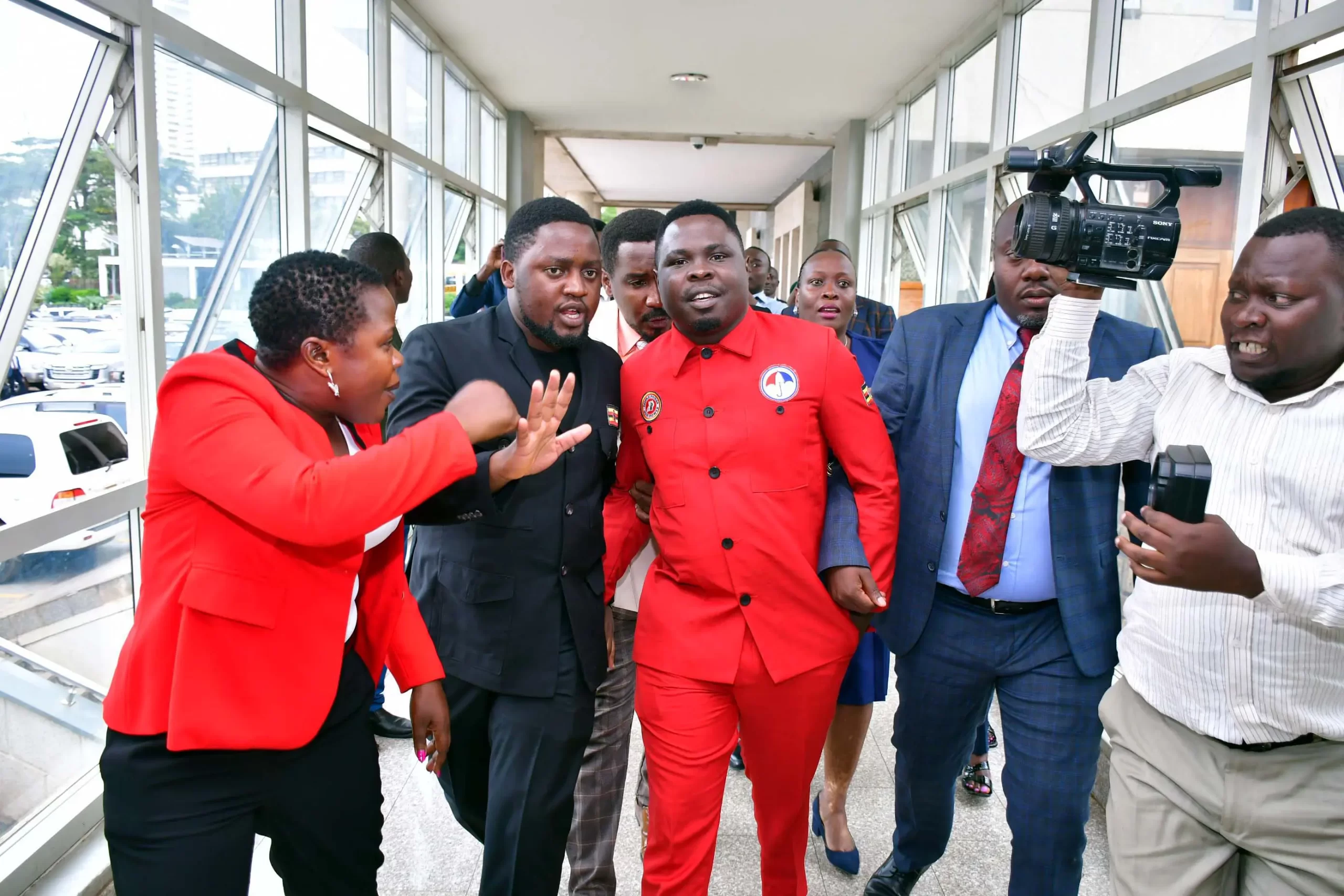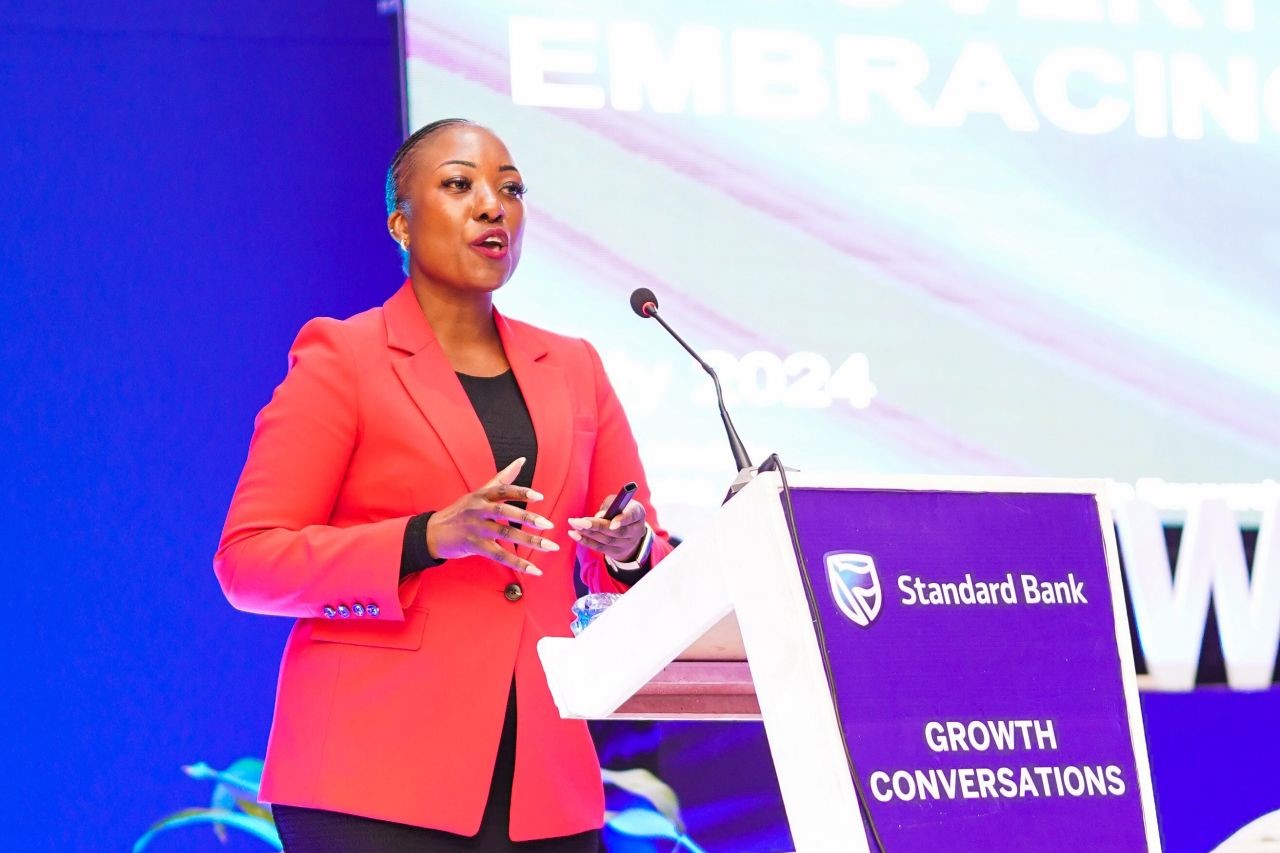As we celebrate the World Press Freedom Day today, government, civil society organizations and media organizations are going to re-echo their determination and will to uphold press and media freedoms.
The typical Ugandan thinks that journalists are a privileged class who rub shoulders with powerful newsmakers, earn good money, travel to interesting places, attend the glamorous events and all.
To some extent, that characterization could be true especially for a tiny class of journalists in senior or management positions at some of the leading news organizations.
But to a typical journalist, who toils away in the field to bring that interesting story, that glamourous life is a mirage.
For our readers, Bbeg Media today paints the vivid picture of that journalist, highlighting the highs and lows of their careers. Read on…
***********************************
Each year, at least 300 journalists from various training institutions in Uganda join the “field.” A big percentage of this goes into the public relations world.
Around 100 usually fight to find their way into a print or broadcast media organization.
These are the focus of this article.
In Uganda, a typical journalist joins the newsroom at 22-24 years, after university or training at a media institution.
They are full of energy, dreams and are bursting with aspiration.
“I want to be Uganda’s Christiane Amanpour.” “I want to be the next Bbale Francis.”
“I want to be like CBS’ Meddie Nsereko and Tomusange Kayinja or Simba FM’s Dick Nvule.”
“I want to write like Onyango Obbo, Kevin Aliro, Andrew Ndawula Kalema, Paul Busharizi, Daniel Kalinaki, Peter Mwesige, Joseph Kabuleta, Richard Kavuma, Tabu Butagira, Ssemujju Nganda, Emmanuel Mutaizibwa, John Kakande, Carol Nakazibwe, James Tumusiime, Jeff Mbanga etc..”
“I want to be like Hassan Badru Zziwa or Geoffery Tony Owana.” “I want to be like NBS TV’s Samson Kasumba, Canary Mugume or Simon Njala Kaggwa…”
“I want to be like Mildred Tuhaise, Mable Twegumye Zaake, Solomon Kaweesa, Frank Walusimbi, Wisdom Ernest Kiyonga, John Kibalizi or Noah Kyeyune…”
A typical journalist, two days into the trade will proclaim those statements or variations of them to colleagues or mutter silently to themselves.
One week into the job, some realize that journalism in Uganda can be an extreme sport. Only the strong survive.
They begin to wonder how the people they have admired from a distance for years have survived or survive in such an industry which can be deeply satisfying but not materially rewarding.
In their first days at work, they discover that the news gate keepers (editors) can be a pain in the neck. Editors can make or break your career so you have to handle them with care, massage their egos…and in extreme cases some female journalists have to massage some editors’ body parts, late in the night.
This is a painful but unspoken reality in many media organizations big and small. Some male editors have become legendary because of this exploitation and in some organisations, many young female journalists are told to “watch out for so and so.”
In the early days, a typical journalist will discover that a newsroom in Uganda does not have enough computers for everyone. Video cameras and recording equipment in some organizations are obsolete and function “when they are in a good mood.” Some newsrooms don’t have enough furniture.
When that journalist is sent to the field to do a story, they realize that many organizations are doing so badly that they can’t afford to give them just 5K to move from point A to B.
“Weyiye,” an assignment editor will often tell a young journalist asking for transport to go cover an event. It means the journalist should “find his/her means” to the event.
And kweyiya, the journalist will do. Some will walk three kilometers to the venue of any event expecting a reward.
Once in the field, they will find means of getting money from the news sources. Is it not what the editor told them to do?
“Honorable tompadde yo ka transport?” Some journalists will shamelessly ask a news source (assuming it is a politician) with a half-baked smile.
If the source is not “mean” (journalists know what I mean), they will dip their hands in their pockets or handbags and pull out a 20K, 50K or even 100K. At that point, the journalist may want to punch the air in celebration but decorum dictates that you keep cool and just say “thank you.”
Meanwhile, the source expects his/her story to run. No “ifs”, no “buts.” That is the unsaid rule.
Back in the newsroom, the journalist will ferociously type his/her story and hand it to the editor.
Three paragraphs into the story, the editor will instinctively tell from experience that the journalist’s palms must have been greased. Here is a reporter, describing a politician who has never uttered a word on the floor of Parliament as a “vocal legislator.”
“Angella, get me a 10K, I will give it to you tomorrow,” the editor will ask the reporter. The reporter can’t refuse because if she does, the story may never run. And the editor will not pay back the money.
Those are the rules. The cycle goes on and on and any journalist reading this piece will know how hard it is to break this cycle.
Media pay
The big media houses usually pay on time, even if the pay is a pittance. The average starting salary for a journalist in most organizations ranges from Shs 400,000 to Shs 700,000 per month.
Senior journalists in big organizations (especially those in management positions) can earn up to Shs 4 million a month. These, however, are very few. A typical news anchor at a big television station takes home Shs 2 million.
Many media organizations (including the big ones) do not remit the NSSF contribution on time if they do at all. A typical journalist will work seven days a week, without a day off. There are journalists who have never taken annual leave in five years.
“If you go on leave who will work in your place,” a HR manager, who has just taken their leave, will ask them as if it is their problem.
Smaller media organizations particularly those in rural areas don’t pay at all. Some tell the journalists that once we give you our work ID and a recorder, that is the license you need to make money.
There are media organizations, especially faith based ones, that have not paid journalists for over a year. The owners, usually prominent pastors, will tell the hungry and angry workers that “they are working for God and their work will be rewarded on judgement day.”
To broaden their income streams and advance their careers, some industrious journalists will apply for story grants from organizations like African Centre for Media Excellence (ACME) or the African Institute for Investigative Journalism (AIIJ).
Some will seek out travel opportunities for seminars and workshops abroad and earn some per diem. Still, this money, while helpful, does little to significantly improve their overall financial status.
After 10 years in the job with little to show besides a few accolades, some will move into PR and Communication where the pay is much better and the job pressure, much less.
Their dream of becoming the next Onyango Obbo or Andrew Mwenda or Kevin Aliro or Hellen Mukiibi or Bbale Francis, is dead! It was an illusion.
Personal life
A typical male journalist will rent a house not exceeding Shs 200,000 in one of the shanty slums in Kampala. They wake up at 6.00 am and make their way to the news organizations. When they have some spare cash, they will take dry tea with cassava or a chapatti from a nearby Kafunda.
Most male journalists will not own more than five pairs of trousers and five shirts. They will own at most two suits and two pairs of shoes. They own several corporate T-shirts given to them by organizations they cover. They wear these on the weekends.
A typical journalist does not own a vehicle. Boda boda is their preferred means of transport. They hangout in a local kafunda, where they are the experts on everything. They are envied in their local communities and meetings may not start until they arrive.
Female journalists tend to be more stylish than their male colleagues. But to scale the heights some have to do unimaginable things. In office, they are harassed by their male bosses and in the field, they are easy prey for male news sources. Some are single mothers and the money they earn cannot sustain them and their children. They have to be “innovative.”
Finally, a typical journalist in Uganda never reads beyond what they write. It is not unusual to wander into a newsroom at 4.00PM and you find that the daily newspapers are lying on the table, still stapled.
Some journalists are so ill-informed about the subjects they cover that it would not be a surprise to find a “senior” parliamentary reporter who can’t tell you in precise terms how a bill becomes a law. A health reporter may not tell you offhand Uganda’s maternal mortality rate. A reporter who has covered KCCA for two years may not easily name the last four city mayors, in order.
Yet irrespective of the challenges and their personal weaknesses, a typical journalist will strive to keep society informed. In their quest to get news, a typical journalist will work seven days a week, will brave the rain and the sun and will momentarily forget that they are poorly paid. They deserve to be celebrated.
Happy World Press Freedom Day folks!










